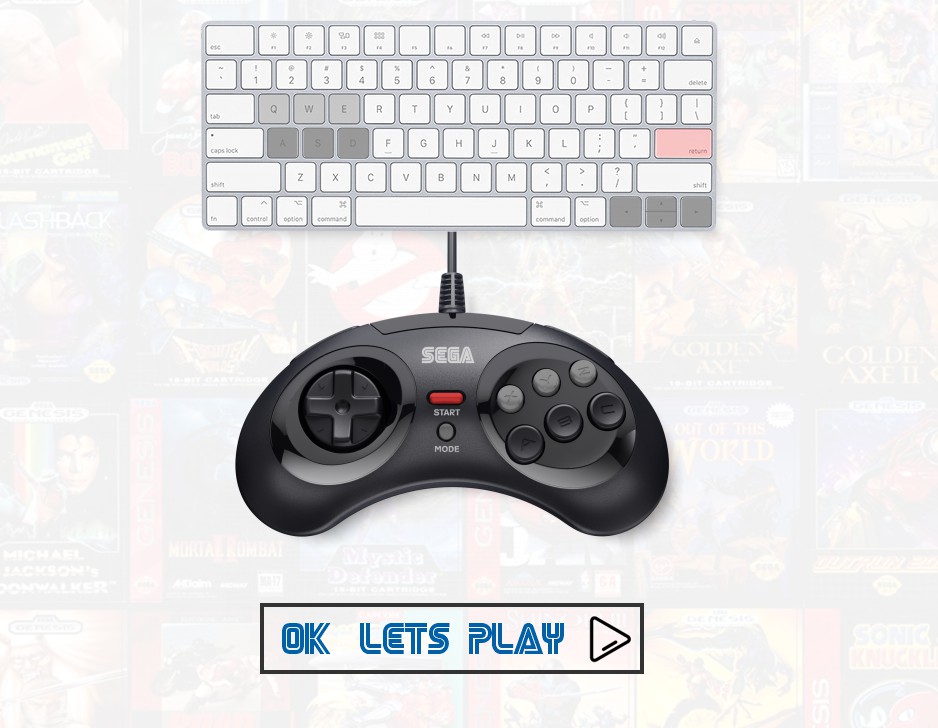Mortal Kombat

Mortal Kombat
Date added: 2014-09-30
Tags:None
Rated the best by our players
5 out of 5 based on 213648 ratings.
Game Information:
Mortal Kombat is a fighting game from Midway. It was released in arcades in 1992. It focuses on the 10th Mortal Kombat tournament and the ultimate defeat of the evil Shang Tsung at the hands of the Shaolin monk Liu Kang.
From a marketing standpoint, the 1993 release of Mortal Kombat for game consoles by Acclaim was probably the biggest video game release up to that point. The "Mortal Monday" television campaign included a barrage of commercials, which was unusual for video games at the time, and all four home versions of the game (Sega Mega Drive/Genesis, Super Nintendo Entertainment System, Game Boy and Sega Game Gear) were released on the same date. Other ports were released over time.
Versions of the original Mortal Kombat appeared in different formats, mostly on Sega Mega Drive/Genesis, Nintendo SNES and PC-DOS. When the first game in the series was released for SNES in North America, Nintendo of America had a strict "family-friendly" policy regarding the content of games released on its consoles, which required the removal of graphic violence, religious imagery and themes, mentions of death, sexual themes and other sensitive topics. Thus, in the first Mortal Kombat for SNES, blood was dyed gray to pass it off as sweat, and Fatality moves were modified to make them less gruesome. The SNES version was graphically superior to the Mega Drive/Genesis version, but all violence was censored.
The game was Midway's answer to Capcom's successful fighting game Street Fighter II, which spawned a series of sequels and related games. However, it used a different fighting system from the Street Fighter formula, which was used in all sequels up to Mortal Kombat: Deadly Alliance. The controls consisted of five buttons arranged in the shape of an "X": a high punch, a high kick, a low punch, a low kick and a block button, as well as an eight-way joystick. Unlike Street Fighter, characters did not block by backing up or crouching, but had to press the block button to block low. Even then, characters took chip damage from any hit while blocking (Sub-Zero's ice projectile being the only exception). If the two fighters were close to each other, pressing either attack button resulted in a different hit: a low punch became an unblockable throw, a high punch became a strong elbow or backhand, and any kick became a knee. Ducking and punching any of the fists produced an uppercut, which was the strongest punch in the game. Jumping kicks and crouching kicks were executed similarly to Street Fighter.
The game retained a similar scoring system (based on successful hits, the Test Your Might mini-game, and other bonuses) to those games; this system would be abandoned in later installments of the Mortal Kombat series in favor of victory counting, but would be brought back in the games of the current timeline.
Another of the game's innovations was Fatality, a special finishing move executed against a defeated opponent to gruesomely kill him. For example, Sub-Zero would grab a defeated opponent by the head and rip off his head and spine as the body fell to the ground in a pool of blood. Fatalities could only be performed after the opponent had been defeated in kombat, and essentially served as a memorable and gruesome sort of victory dance.
Mortal Kombat also introduced the concept of juggling, an idea so popular that it has spread to later installments of the series and even to other fighting games and genres. Juggling takes advantage of the fact that when a character is thrown into the air, the player cannot control his character until he lands and gets up again. The idea of juggling is to launch the enemy into the air and then perform other combat moves to keep them in the air. In theory, you could juggle your opponent to death without taking damage, although this was difficult to achieve in practice.
Finally, Mortal Kombat also changed the way special moves were performed. Street Fighter (and many other fighting games) performed most special moves in fractions of circles (usually full, half, or quarter) on the joystick followed by a button press (such as a quarter circle forward, plus punch). Mortal Kombat was the first to introduce moves that did not require a button press (such as tap back, tap back, then forward), and only a few of the special moves required a circular motion of the joystick.
How to play:
↑ = up
→ = right
↓ = down
← = left
Z = A Button
X = B Button
A = X Button
S = Y Button
Q = L Button
E = R Button
Shift = Select
Enter = Start